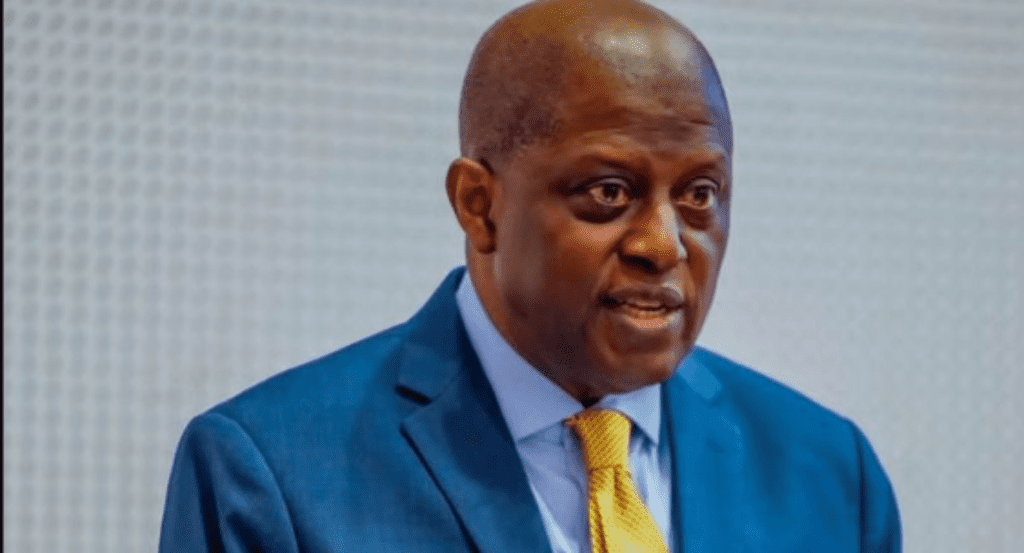A wave of discontent has erupted within the Central Bank of Nigeria (CBN) as senior staff and directors express frustration over significant salary disparities between regular employees and consultants hired under the leadership of Governor Yemi Cardoso. The controversy has sparked internal protests, with many accusing the CBN leadership of bypassing standard protocols in recruitment while offering exorbitant salaries to newly appointed consultants.
Reports indicate that long-serving CBN staff are angered by the wide gulf between their earnings and those of consultants brought in under the current administration. Some employees lament that while they have spent years working at the apex bank without significant pay raises, newly hired consultants are being paid what they describe as “outrageous salaries.” Sources within the bank reveal that these consultants, many of whom were handpicked by Cardoso, are earning far higher than even the most senior CBN directors.
The situation has fueled growing resentment, with staff questioning the transparency of the hiring process. Insiders claim that the governor has allegedly disregarded traditional recruitment procedures, appointing individuals without following due process. Among the grievances is the alleged hiring of a female consultant into a top position without following the standard protocol required for such appointments.
The protest among CBN staff underscores broader concerns about the management of the institution since Cardoso assumed office. Employees argue that while the bank has been implementing austerity measures and emphasizing cost-cutting, the decision to pay external consultants excessively contradicts these efforts. Many see the move as a demoralizing blow to career staff who have remained loyal to the institution through various administrations.
The controversy has intensified discussions about fairness and meritocracy within the CBN. Critics argue that the bank should prioritize rewarding its dedicated workforce instead of channeling resources into hiring high-earning consultants. Some have also raised concerns that the appointments could be politically motivated, further fueling suspicions about the governor’s leadership style.
As the backlash grows, it remains to be seen how the CBN leadership will address these grievances. While there has been no official response from Cardoso or the bank’s management, pressure is mounting for a review of the hiring and salary policies to restore staff morale and ensure fairness in compensation structures.
With the economy facing significant challenges, many believe that stabilizing the internal operations of the apex bank is crucial. The ongoing dissatisfaction within the CBN risks affecting productivity and could potentially lead to further internal conflicts if left unresolved.























